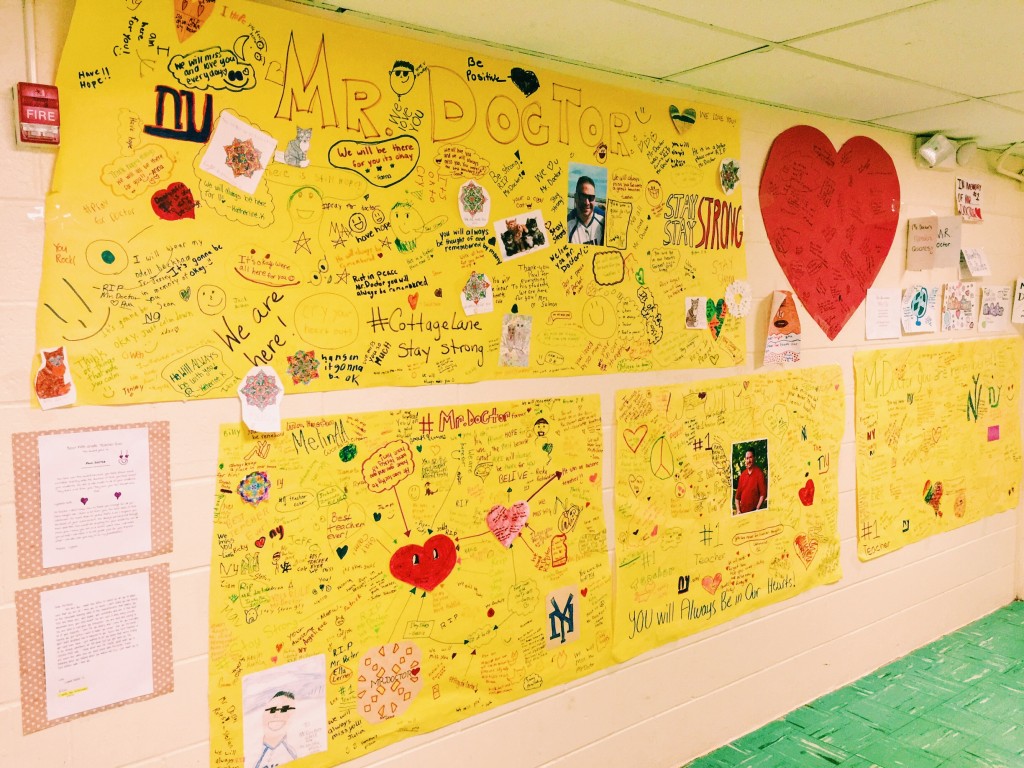What is Mindset?
Mindset is an idea, based on decades of research, by Dr. Carol Dweck, a Psychologist, based at Stanford University. In her research, Dr. Dweck found that people generally have either a Growth Mindset or a Fixed Mindset. People with Fixed Mindsets believe that we are born with all of the intelligence, smarts, athletic ability, artistic ability, social adaptability that we will have for the rest of our lives. In other words, you’re either born smart, or athletic, or artistic, or personable, or not. People with Growth Mindsets believe that, with effort and hard work, we are able to grow and develop our intelligence, smarts, athletic ability, artistic talents, and social adaptability. In other words, we can grow our brains, make ourselves smarter, and become better athletes, artists, and social beings.
Recent research in the fields of psychology and neuroscience confirm the concept that we are, in fact, able to grow our brains! Our brains are constantly producing and growing new neurons when we learn something new, visit new places and develop new skills. These neural pathways are strengthened with repeated practice or reinforcement, making accessing newly learned information easier and quicker. Much in the same way our muscles grow and strengthen and we develop muscle memory with repeated practice.
People with a Growth Mindset know that it will probably be challenging to learn something new. We might fail or struggle with new ideas, concepts, and skills at first. They know that they haven’t “gotten it,” yet. However, with repeated practice and effort, they will stretch and grow their brains, and improve towards achieving their goal.
People with Fixed Mindsets often give up at the first sign of struggle. This is the case of people who consider themselves to be naturally “smart,” “talented,” or “gifted.” If they perceive that they might fail, then they often won’t even try, because failure might confirm that they are not as smart, talented or gifted as they thought they were.
So, what about you?
Do you have a Fixed Mindset or a Growth Mindset?
~ Mr. Jones



